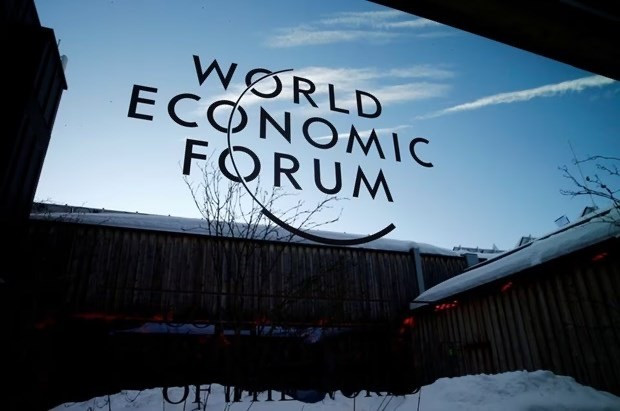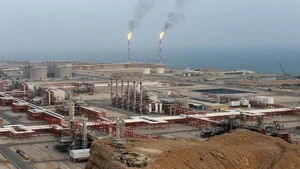The meeting took place when the world is facing many challenges and more than ever, the world needs to work together to solve common problems.
The 53rd WEF meeting brought together more than 2,700 leaders from governments, businesses and international organisations. According to WEF founder and executive chairman, Professor Klaus Schwab, the meeting aims to discuss how to address the growing fragmentation and erosion of trust, at the global and national levels, through the enhancement of cooperation between governments and businesses, enabling strong and sustainable recovery.
With that in mind, this year’s meeting focuses on solutions and public-private partnerships, to address the world's most pressing challenges, encouraging leaders to work together on the issues related to energy, climate and nature, investment, trade, infrastructure, advanced technology, the resilience of the sectors, employment, skills and social and health issues, as well as geopolitical cooperation in a multipolar world.
The meeting took place at a critical time when the world is facing a series of crises. After the negative effects of the health crisis caused by the COVID-19 pandemic, the world economy has not yet recovered but has faced crises arising from the conflict in Ukraine, especially the serious food and energy security crisis. Climate change is also a hot issue facing the world.
The sessions under the meeting are expected to revolve around globalisation trends, the impact of trade tensions and supply chain disruptions, the cost-of-living crisis and global climate change. In addition, the impact of the conflict in Ukraine, on the global energy supply chain and defence policy, are also issues of concern.
The world economy has been seen as moving into a tougher era, driven by higher interest rates, greater geopolitical tensions and more apparent uncertainty. In the face of unpredictable risk factors, the World Bank (WB) released its latest forecast on global economic growth, saying that world GDP growth will only be 1.7% in 2023, much lower than the 3% level forecast by the World Bank in June 2022.
According to the WB, in 2023, many economies will record growth near the brink of recession, due to the impact of interest rate hikes and solutions taken in many countries, to curb inflation and the ongoing conflict between Russia and Ukraine, while the world's major economies face many difficulties. With the current fragile economic conditions, any increase of new negative effects such as higher-than-expected inflation and the policy of sudden interest rate hikes to prevent inflation, or the re-spread of the COVID-19 pandemic, could push the global economy into recession.
Notably, the slowdown in growth mostly occurs in advanced economies, notably, the US economy may grow by only 0.5% in 2023. The countries that use the euro could face a new economic downturn less than three years after the most recent recession. Emerging markets and developing economies are also struggling to cope with the burden of public debt, a weakening local currency, a decline in corporate investment, etc. In this context, increasing support for poor and low-income countries will find it more difficult to deal with the crisis.
As one of the most prestigious and effective global forums, WEF hopes to find a common voice and strengthen international cooperation, jointly solve economic problems, and global development, and bring economic development to the world. The world will overcome the crisis and return to a strong development trajectory.
















